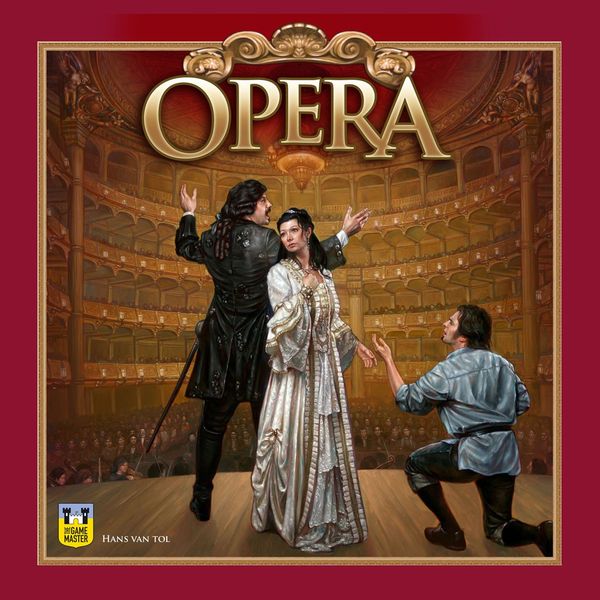Opera (2009) Board Game
Opera is a board game released in 2009, designed by Volkan Baga and Arne Kunkel. The game is set in the Renaissance period and revolves around the world of opera, combining elements of economic strategy, music, and art. Players take on the roles of opera impresarios, competing to produce the most successful opera performances.
Game Components of Opera
How To Setup Opera
Gameplay Mechanics and Game Objective
In Opera, players bid on opera performances and hire singers to put on successful shows. The objective is to earn the most fame and money by staging successful opera performances. Players must manage their resources effectively and outbid their opponents to secure the best performances and singers.
Player Experience
#
Pros:
#
Cons:
Personal Thoughts on Opera
Opera is a game that offers a unique blend of theme and mechanics, appealing to players who enjoy both economic strategy and music. The game’s components are well-designed and the artwork is visually appealing. However, the learning curve may be a barrier for some players, and luck can sometimes overshadow strategic decisions. Overall, Opera is worth a try for those who enjoy complex strategy games with a thematic twist. It may not be suitable for casual gamers or those looking for a light, quick game. It is recommended for players who enjoy games with depth and complexity.
Game Components of Opera
How To Setup Opera
To set up Opera, players start by placing the game board and arranging the opera buildings in different cities. Each player begins with 20 ducats and a small opera building in Venice with one hall containing a composition by their house composer. The gameboard is prepared with a random ranking score of the six composers and character cards representing different actions. Compositions are drawn and placed on the board according to the number of players and the round tracker.
Gameplay Mechanics and Game Objective
Player Experience
In Opera, players experience a blend of strategic planning and resource management. The game starts slowly as players adapt to the mechanisms, but it quickly evolves into an exciting contest. The budget chart mechanism adds a unique layer of strategy, allowing players to adjust their spending and character usage dynamically. The game requires a good balance between budget and purse management, making it engaging and challenging.
Pros
Cons
Personal Thoughts on Opera
Opera is best suited for players who enjoy strategic resource management and are interested in unique, historically-themed games. It is ideal for those who appreciate complex gameplay mechanics and are willing to invest time in learning and mastering the game. While it may not be the best fit for casual or new board game players due to its complexity, it offers a rich and engaging experience for seasoned gamers.
We are supported by our audience. When you purchase through links on our site, we may earn an affiliate commission, at no extra cost for you. Learn more.

